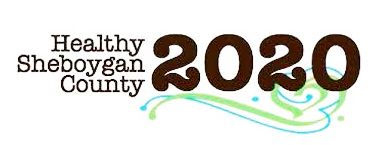SBIRT Subcommittee
The SBIRT subcommittee's overall goal is to initiate community adoption of an evidence based approach that will increase prevention, early intervention, and access to treatment for possible mental health disorders and/or substance abuse issues by supporting the implementation of the SBIRT (Screening, Brief Intervention, & Referral to Treatment) model in at least 4 organizations by 2017.
What is SBIRT?
Screening, Brief Intervention, and Referral to Treatment (SBIRT) services are an evidence-based practice designed to identify, reduce, and prevent problematic use, abuse, and dependence on alcohol and drugs. The SBIRT model calls for community-based screening for health risk behaviors and is a comprehensive public health approach for delivering early intervention and treatment services to people with, or at risk of developing, substance use disorders. SBIRT offers an opportunity to identify problem drinking, substance abuse, and trigger intervention. Emotional and mental health concerns are often identified during the screening process.
Where is SBIRT delivered?
SBIRT is a model typically conducted in medical settings, including community health centers, and has proved successful in hospitals, emergency departments, and workplace wellness programs such as Employee Assistance Programs. SBIRT is also a model being adapted by schools and WI Safe & Healthy Schools Center is supportive and training school and community staff in Wisconsin.
Why SBIRT?
School Settings:
- SBIRT expands the capacity of pupil services to address a range of behavioral health concerns. Effective prevention and intervention of behavioral health problems will likely increase student engagement in school and learning outcomes.
- SBIRT fits with a student-centered, strength-based pupil services philosophy.
- SBIRT is student friendly, culturally relevant, and highly engaging. No problem recognition is required for a student to benefit from SBIRT. Studies show that teenagers report high levels of satisfaction for these services.
- SBIRT fits well within Positive Behavior Intervention and Supports (PBIS) and Response to Intervention (RtI) frameworks.
Clinical/Medical Homes Settings:
- Excessive use of alcohol and other drugs contributes to more than 70 diseases and leads to expensive, long-term health problems. Early intervention is key.
- Reduces health care costs.
- Decreases severity of drug and alcohol abuse.
- SBIRT reduces risk of physical trauma and the percentage of patients who go without specialized substance use treatment

